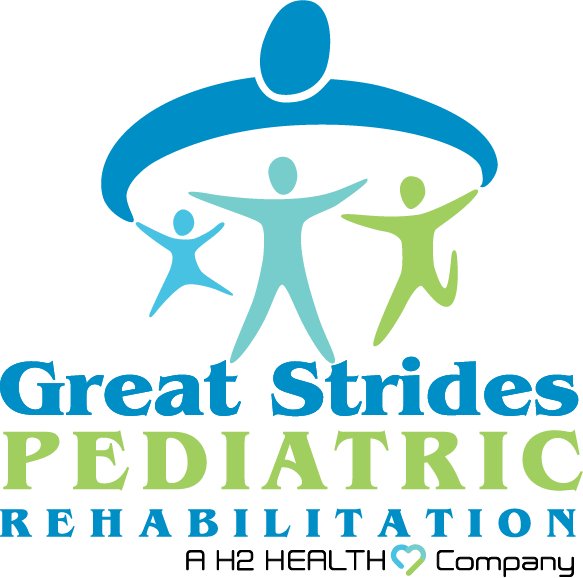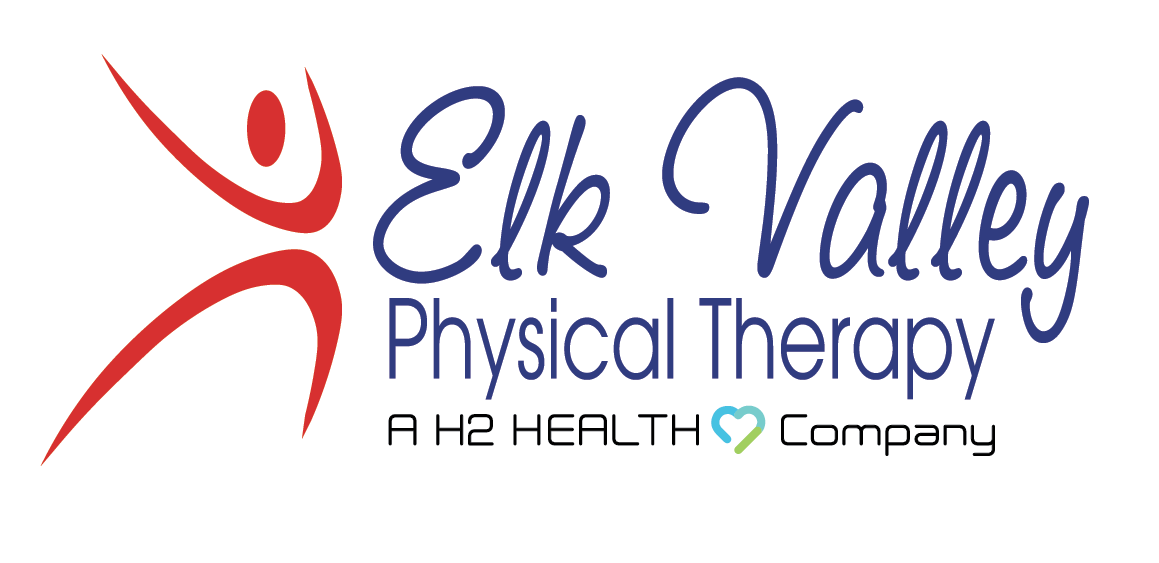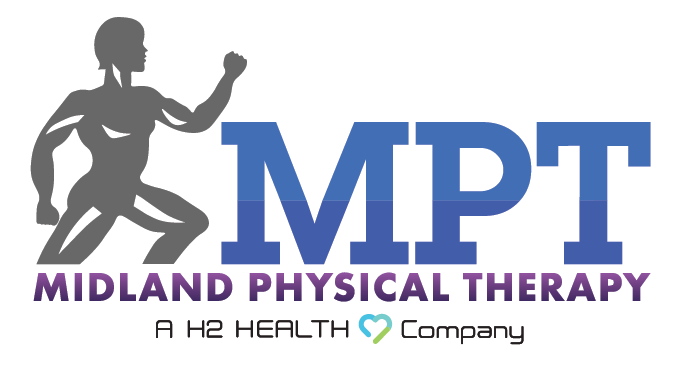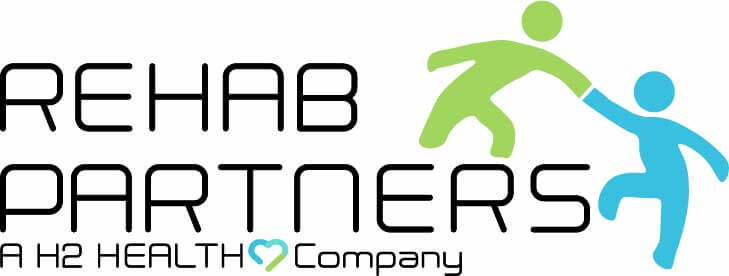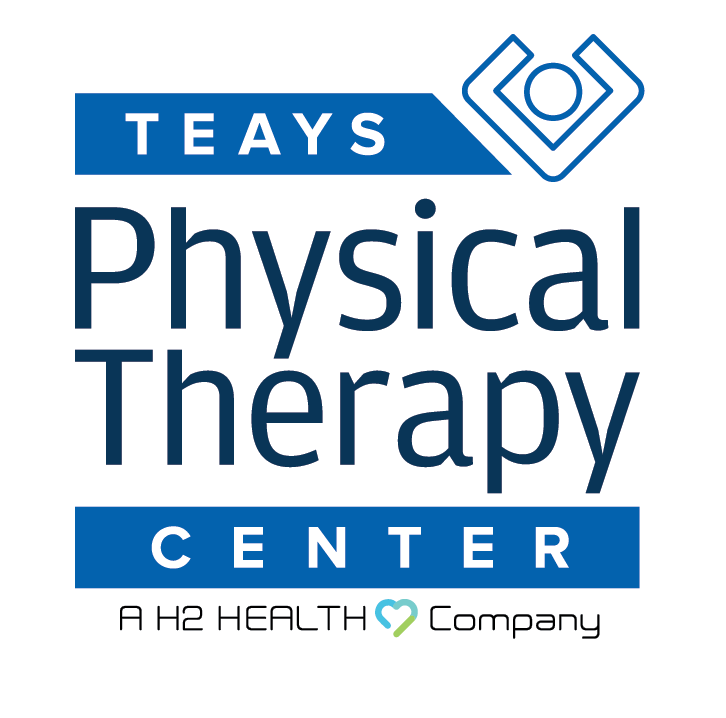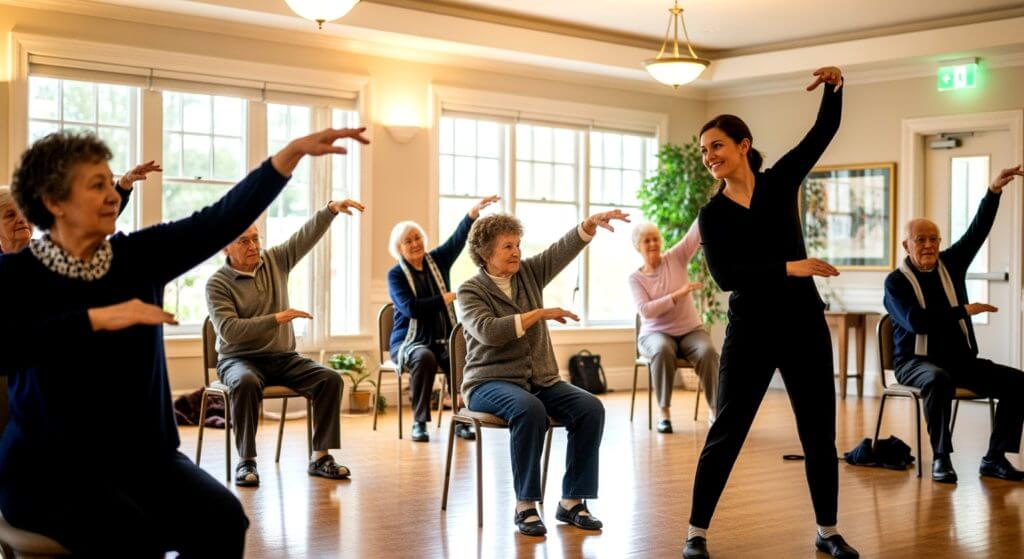Caring for a senior with dementia can be emotionally challenging, especially when your loved one lives in a senior living community and familiar routines begin to change. While memory loss may be part of the disease, meaningful connection is still possible. One powerful, evidence-based approach that helps seniors reconnect with joy and identity is reminiscence
Read Moreh2 health prime living
How to Deal With Depression in Seniors: A Guide for Families and Caregivers
Depression is one of the most common, and most overlooked, mental health challenges affecting older adults. While aging brings new experiences, it can also bring new stressors, losses, and health concerns that contribute to emotional decline. The good news is that depression in seniors is treatable, especially when caregivers, families, and healthcare professionals work together
Read MoreHow Caregivers Can Advocate for Their Loved Ones in a Senior Living Community
Caring for aging loved ones is both rewarding and challenging, especially when they reside in a senior living community. As a caregiver, one of the most important roles you play is being their advocate. Ensuring that your loved one receives the care, attention, and opportunities they need to stay healthy and independent can make a
Read MoreResources for Dementia Caregivers: A Guide for Those Caring for Seniors
Caring for a loved one with dementia or Alzheimer’s disease is a journey filled with challenges, questions, and emotional strain. Fortunately, there are many resources for dementia caregivers—from national organizations to local support groups—that can provide practical guidance, emotional support, and community. In this article, Health Prime Living & Senior Services explores key resources, how
Read MoreDance Physical Therapy for Seniors: A Fun Way to Stay Active and Healthy
Staying active as we age is one of the best things we can do for our health, but sometimes traditional workouts can feel intimidating or boring. That is where dance physical therapy comes in. Dance combines movement, balance, and rhythm in a way that is enjoyable, low impact, and surprisingly therapeutic. For seniors, dance can
Read MoreHow Physical, Occupational, and Speech Therapy Helps Seniors with Parkinson’s Disease
Parkinson’s disease is a progressive neurological disorder that affects movement, speech, and daily function. It occurs when brain cells that produce dopamine—a chemical responsible for smooth, coordinated muscle movements—begin to break down. As dopamine levels decrease, individuals may experience tremors, stiffness, slowness of movement, and changes in posture or balance. Parkinson’s primarily affects adults over
Read MoreTransferring a Person with Dementia: Tips and Types of Transfers
Transferring a person with dementia is not an easy task and should be done with the assistance of a professional. Dementia is not a single disease; it’s an overall term — like heart disease — that covers a wide range of specific medical conditions, including Alzheimer’s disease. Disorders grouped under the general term “dementia” are
Read MoreThe Therapeutic Role of Physical Activity in Dementia Management
Physical activity and exercise for dementia has emerged as a promising intervention, offering multifaceted benefits beyond traditional pharmacological approaches. This guide provides an overview of the evidence supporting the therapeutic effects of physical activity on cognitive function, behavioral symptoms, and overall well-being in dementia patients. Regular physical activity has been linked to improvements in cognitive
Read MoreHow to Keep Your Loved Ones Safe and Happy in Memory Care Communities
Dementia is a progressive neurodegenerative disorder characterized by cognitive decline, memory loss, and behavioral changes. It poses significant challenges for both patients and their families. Providing care and support at home is a preferred option for many families, as it allows loved ones with dementia to maintain familiar surroundings and routines. This report explores strategies
Read MoreInnovations in Dementia Care within Residential Settings
Dementia is a significant public health concern, with an increasing number of individuals requiring residential care as the population ages. Meeting the complex needs of patients with dementia in residential settings demands innovative approaches and interventions to enhance quality of life and well-being. Innovative approaches in dementia care within residential settings, including technology-assisted interventions, multisensory
Read More
